- +91-11-4044-5999
- info@cdri.world
-
Copernicus Marg, New Delhi, INDIA
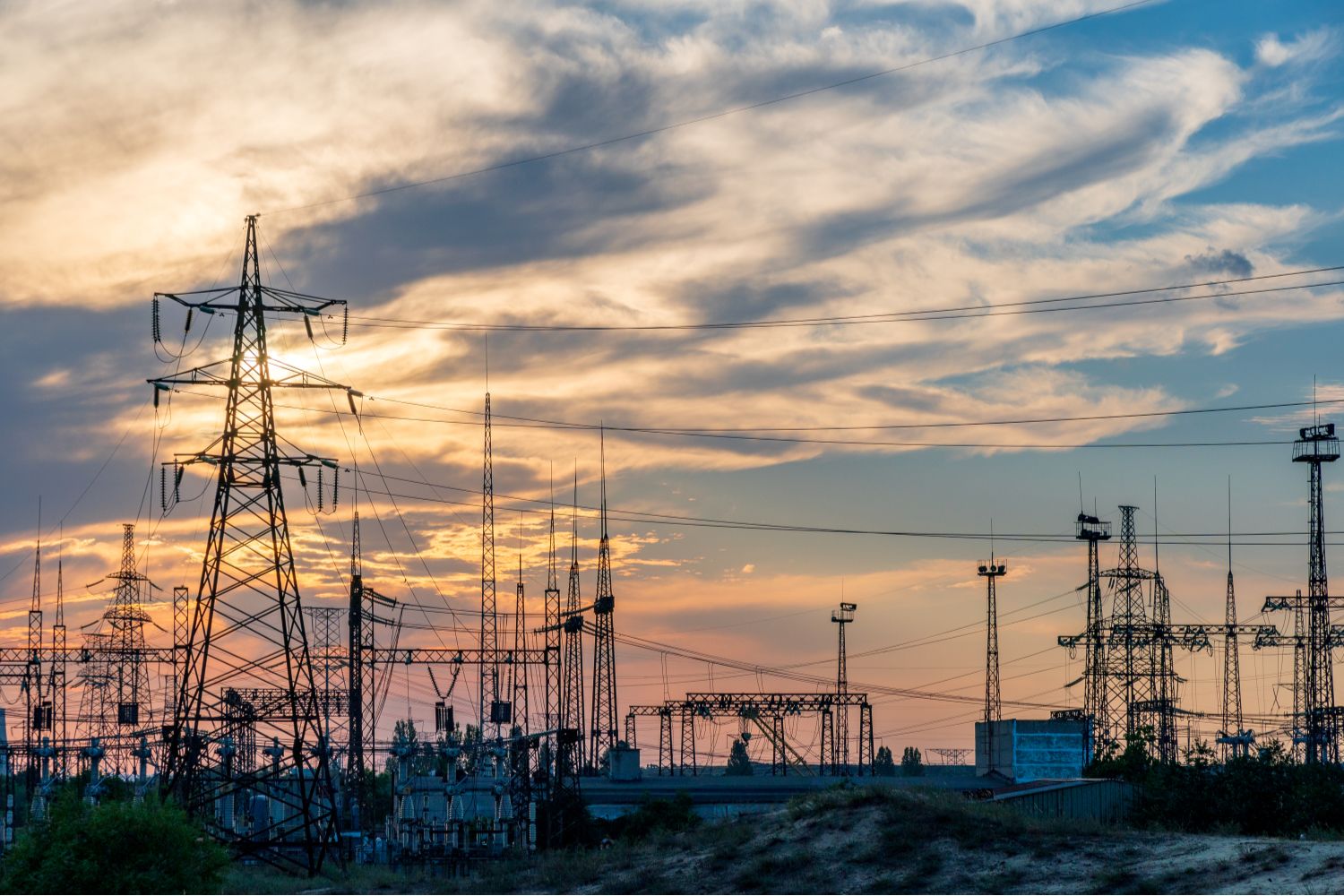
The Coalition for Disaster Resilient Infrastructure (CDRI) carries out several complementary projects to inform and encourage CDRI Members Countries on how to strengthen national and international collaboration for climate and disaster resilient infrastructure. CDRI's ongoing projects include the following:
Power:CDRI is conducting a three-part study in Odisha to help enhance the power sector’s resilience to disasters. The study examines the state’s disaster preparedness and management, infrastructure codes and standards, institutional capacity and financing to map the existing level of disaster resilience and recommend a roadmap for its improvement. The study will raise awareness and understanding about managing risks among power sector stakeholders and enhance their ability to mitigate these risks while coping with the impacts of future disasters. The results will help other states of India and the world that face similar situations. The study will also factor in the effects of climate change and the Indian Government’s commitment to transition to renewable sources for power generation Read more
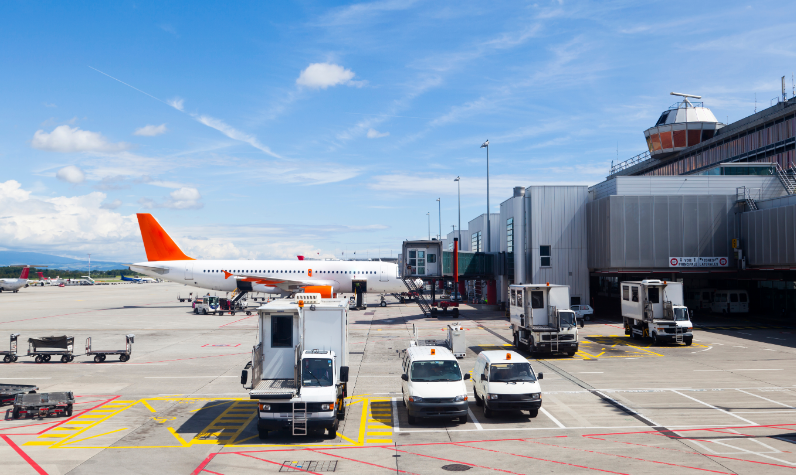
Airports: Airports are the backbone of a country’s economy and any damage can be daunting. To take stock of airport practices on risk management, CDRI will launch a ‘Global Study on Disaster Resilience of Airports.’ The study will focus on airports that have been affected adversely by climatic hazards, those that have successfully managed the risk of extreme events, and form recommendations that can be adopted by existing and future airport stakeholders. The study will also provide member countries with an inventory of natural and man-made hazards that airports are exposed to, an airport risk index for measuring the exposure, vulnerability and adaptive capacity of airports in the face of natural and man-made hazards and an understanding of the incorporation of disaster risk in financing airport investments Read more
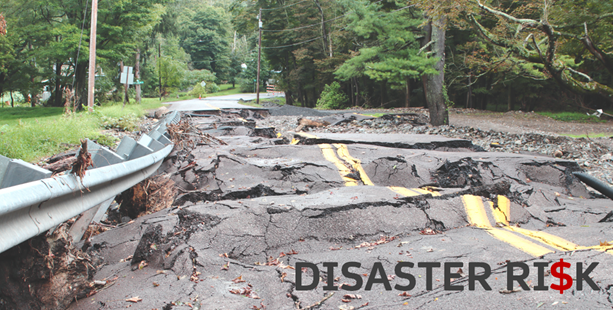
Fiscal Risks: Disasters have the potential to cause serious economic and fiscal repercussions by imposing high financial costs on the government. In particular, damage to infrastructure systems tend to have catastrophic impacts on lives and livelihoods, bringing society to a standstill whilst placing a significant fiscal burden on government to fund post-disaster recovery and reconstruction operations. In the most vulnerable regions, infrastructure-related risks coupled with other expected climate impacts can lead to increased macroeconomic risks, and even effect sovereign credit ratings.Read more
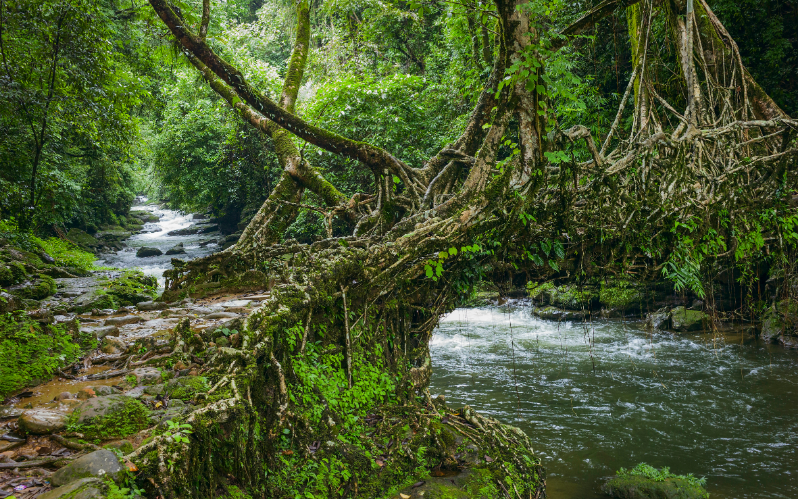
Flagship Report on Disaster and Climate Resilience Infrastructure: CDRI is developing a Flagship Report on Disaster and Climate Resilient Infrastructure to focus global attention on the critical and multi-faceted challenges posed to disaster and climate resilient infrastructure with a thematic focus on nature-based solutions. The Flagship Report will contribute to the development of CDRI’s Strategic Priorities around Research and Knowledge Management and Communication and Partnerships. It is scheduled to be launched at the G20 Summit in 2023 during India’s Presidency. CDRI has engaged the United Nations Development Programme (UNDP) as the coordinating agency for developing the Report. Read more

Risk and Resilience Assessments: Disruptions in the transport sector due to natural hazards can have significant consequences on people and the economy. It is therefore imperative to assess the vulnerability of transportation systems, identify ways to improve their survivability and maintain continuity of services. To this effect, CDRI will assess the primary infrastructure exposure to natural hazards and climate risk factors and the related cost of failures, identify the most cost-effective investments to strengthen resilience and conduct a nationwide vulnerability assessment through a structured process. CDRI Member Countries will have access to a framework for undertaking risk and resilience assessment, take decisions on designing new transport systems or upgrading existing ones, undertake assessment of infrastructure vulnerabilities while arriving at adaptation and resilience options. CDRI will also establish a core technical advisory committee from CDRI Member Countries and draw on subject experts to contribute and provide overall guidance Read more
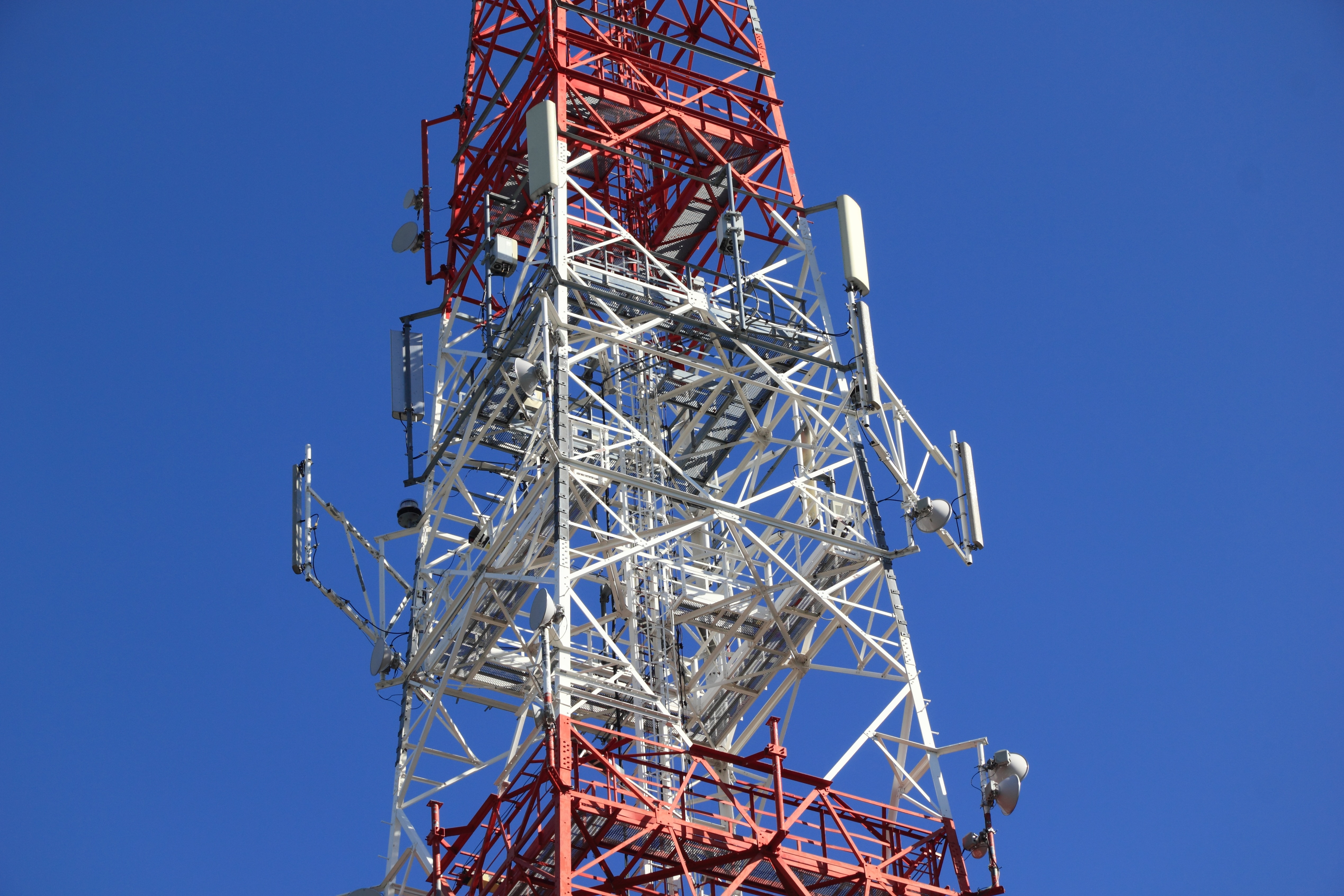
Digital Infrastructure: With the increasing connectivity and dependency on digital infrastructure [Internet, IT solutions, Internet of Things, Artificial Intelligence and Big Data] for the smooth functioning of the society and economy, it is imperative that disruptions to the network remain as minimal as possible. If not, these disruptions can have far-reaching consequences on finance, power, livelihoods and logistics. Keeping this is mind, CDRI proposes to study and provide inputs to build the disaster resilience of digital infrastructure. The study will assess the climate and disaster risk to digital infrastructure assets and networks, prepare preparation of performance-based standards and global benchmarking for disaster resilient telecommunications infrastructure, while encouraging a dialogue towards new technologies which can further aid in preparedness, response, recovery and mitigation processes Read more
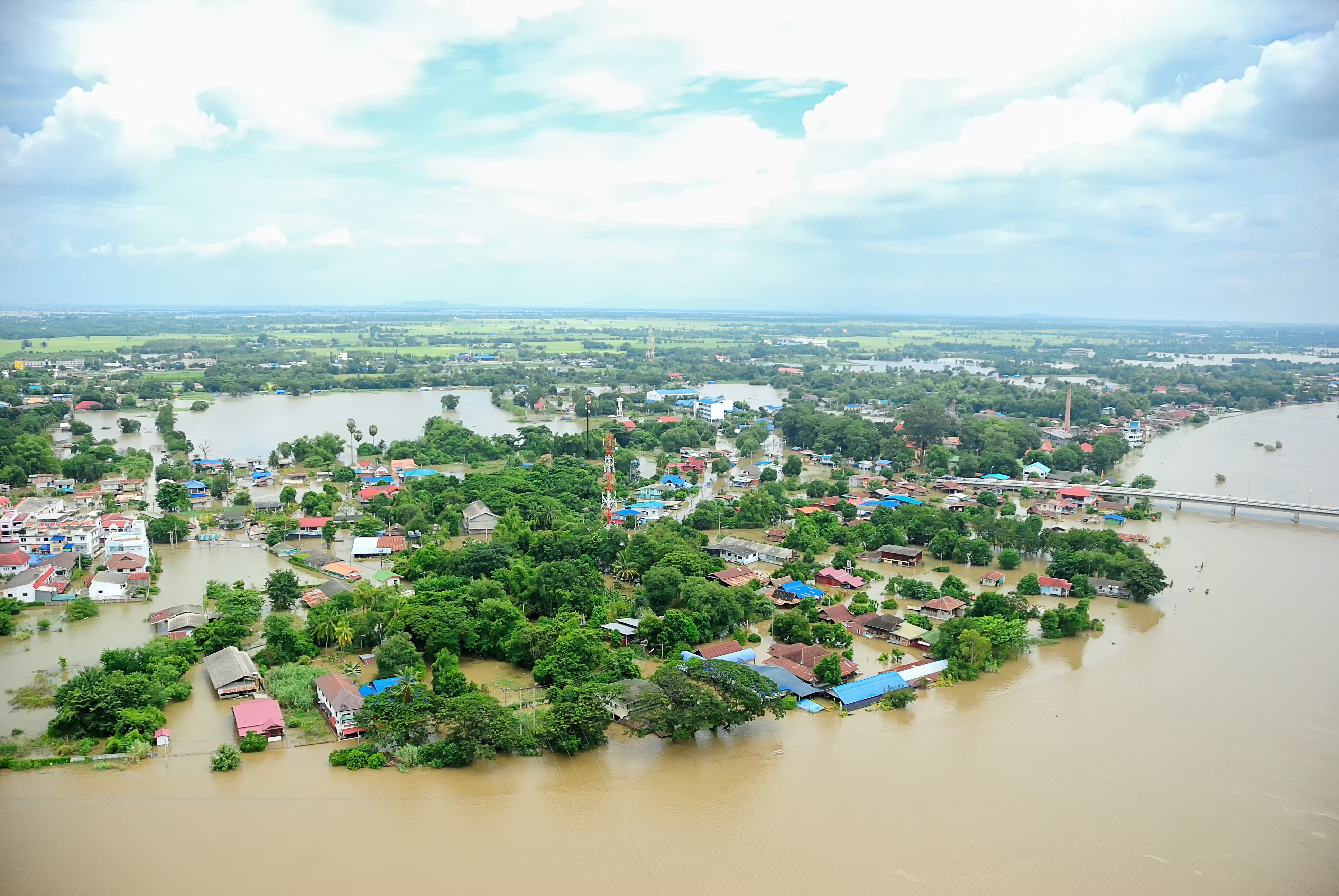
Technical Standards for Disaster & Climate Resilient Infrastructure: With increasing frequency and severity of hazards, infrastructure systems deal with immense pressures to hold firm and deliver reliable services. Any weak link or irregularity leads to an increased loss of human life and assets. It is therefore important that such systems are made disaster resilient by conforming to sound technical standards of quality and reliability. CDRI has recognized the need for a comprehensive study of existing standards across three infrastructure sectors – telecommunications, energy and electric power and transport. The study will identify key pointers that will help to formulate a new set of standards incorporating disaster and climate resilience in the entire lifecycle of infrastructure development and promote the most effective and rigorous standards Read more

Risk, Resilience and Early Warning System: With natural hazards striking at an unprecedented rate, immediate and serious measures to combat disaster and restrict human and economic losses are being called for. The most impactful way to prevent losses is to predict disasters before they happen and detect weaknesses in infrastructure before they worsen, which is precisely what Early Warning Systems (EWS) do. EWS use technology to signal vulnerability in infrastructure and issue alerts in the event of any oncoming disaster. CDRI will work in partnership with governments, national institutions, academia, the UN and regional and local actors to assess gaps in infrastructure specific EWS, invest to update and enhance information on the exposure of infrastructure systems, and model climate related hazards such as droughts, heatwaves and wildfires, enabling near time response .Read more